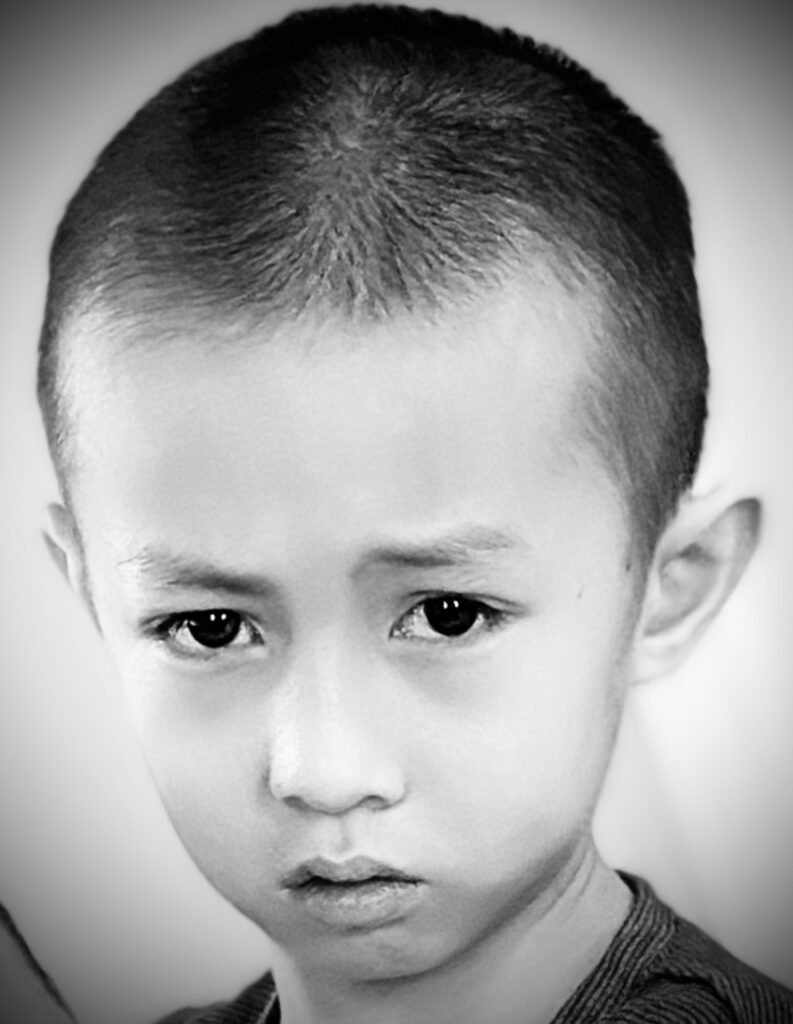Introduction: In an era where artificial intelligence (AI) is reshaping various industries, the apprehension about AI usurping human jobs is rampant. However, an insightful perspective offered by Di Tran, an esteemed author and educator at Louisville Institute of Technology, can turn the tides. According to Tran, it’s not the AI itself taking your job, but those adept at harnessing AI’s potential will. As AI becomes an integral part of business operations, professionals must realize that not utilizing AI’s capabilities is equivalent to forgoing the 10,000 miles of enrichment that it can offer in knowledge and business progress.
Understanding the AI Enrichment: The 10,000 miles of enrichment metaphor represents the massive value that integrating AI can bring to one’s knowledge and career. AI’s data processing capabilities are unprecedented. With machine learning, it can sift through colossal amounts of data, making predictions and automating tasks with efficiency far beyond human capacity. According to a report by McKinsey Global Institute, AI can potentially add $13 trillion to the global economy by 2030 (McKinsey Global Institute, 2018). By integrating AI into your workflow, you are essentially tapping into this vast reservoir of potential, fostering innovation and efficiency.
The Art of Questioning: What sets a great engineer or professional apart, according to Di Tran, is not necessarily knowing the answers but the ability to ask questions that lead to those answers. This sentiment echoes the wisdom of Nobel laureate Richard Feynman, who believed that scientific prowess lies in questioning and curiosity (Gleick, 1992).

AI as an Enabler: In this context, AI serves as an enabler for professionals to ask better questions. AI systems can analyze data sets and provide insights that would otherwise remain hidden. With these insights, professionals can ask more informed and critical questions, leading to innovative solutions and strategies. A study by Accenture revealed that businesses incorporating AI can increase productivity by up to 40% (Accenture, 2017). This productivity arises not just from automation but from the capacity to make data-driven decisions that stem from intelligent questioning.
Educating for the AI Era: Educational institutions play a critical role in preparing professionals to harness the power of AI. By incorporating AI education into their curricula, institutes like Louisville Institute of Technology, where Di Tran teaches, are empowering students with the skills needed to remain competitive. IBM’s “P-TECH” schools are an example of a global education model that focuses on equipping students with digital skills, including AI, to ensure they are ready for the workforce (IBM, 2020).
Conclusion: The integration of AI into business practices is not a threat but an opportunity. By embracing AI and using it as a tool to ask better questions, professionals can enhance their knowledge, make informed decisions, and stay ahead in their fields. As Di Tran emphasizes, the key lies in questioning and adapting. The future belongs to those who can harness the power of AI and employ it as an ally in their relentless pursuit of answers.
References:
- McKinsey Global Institute. (2018). Notes from the AI frontier: Modeling the impact of AI on the world economy.
- Gleick, J. (1992). Genius: The Life and Science of Richard Feynman. Pantheon Books.
- Accenture. (2017). How AI Boosts Industry Profits and Innovations.
- IBM. (2020). P-TECH: A new education model preparing young people for the workforce of the future.




















